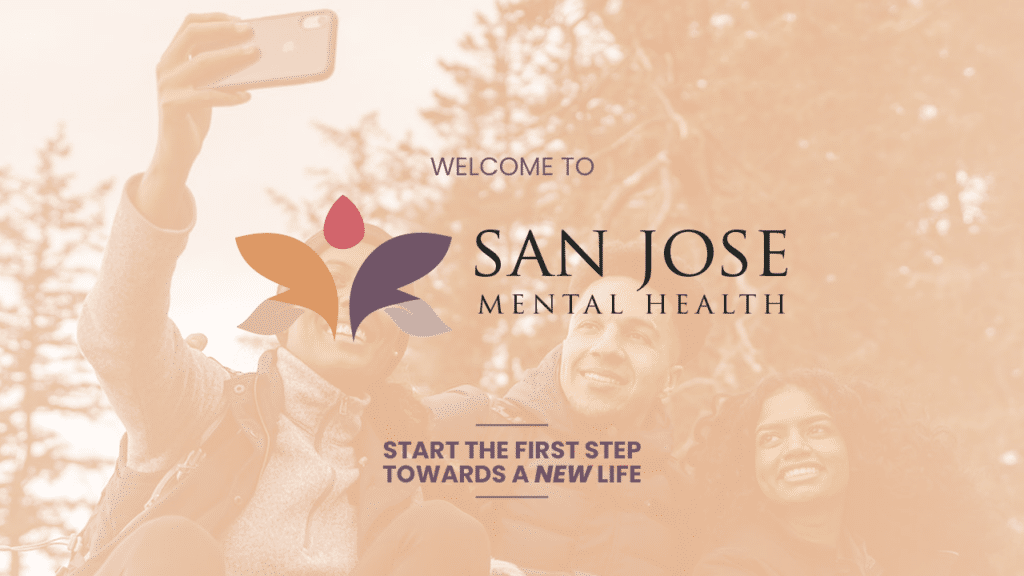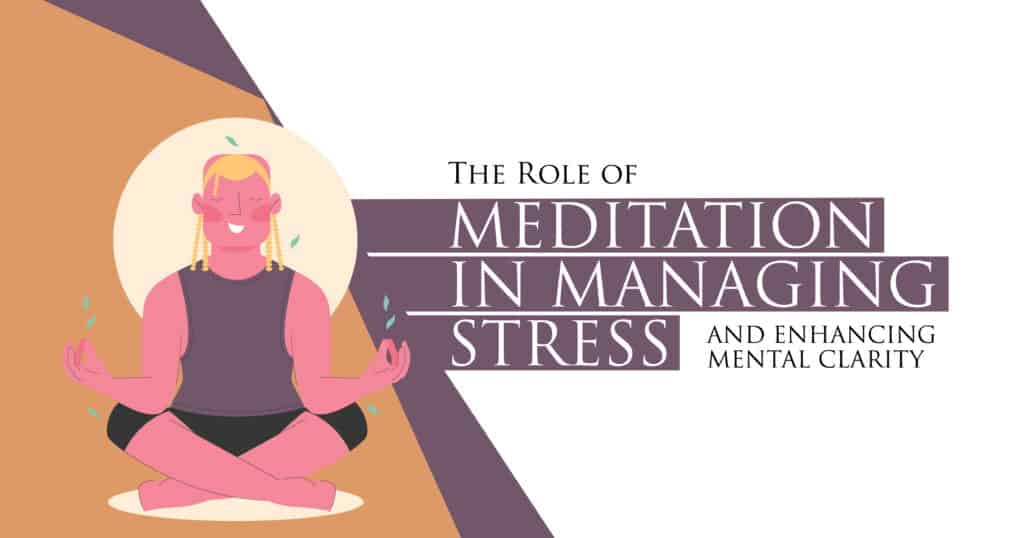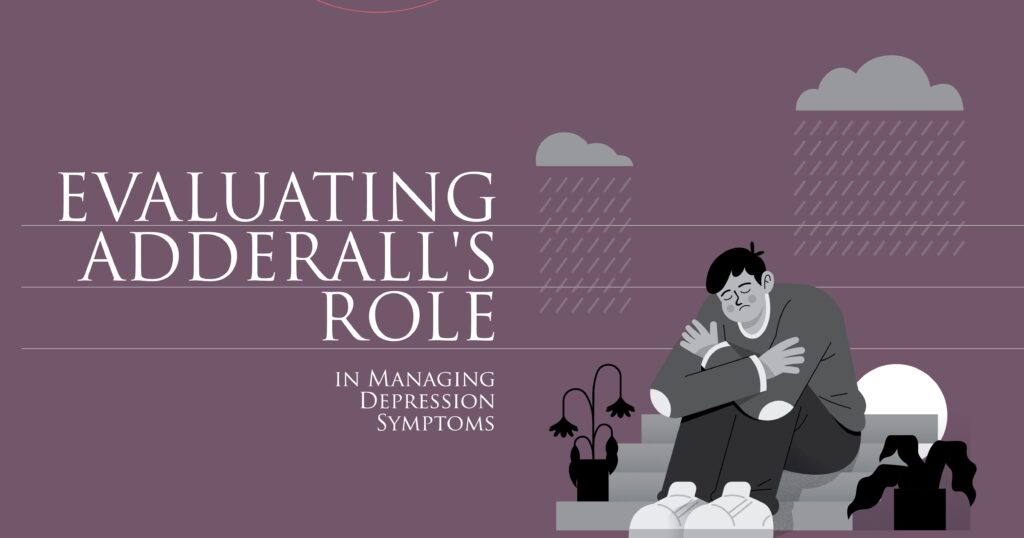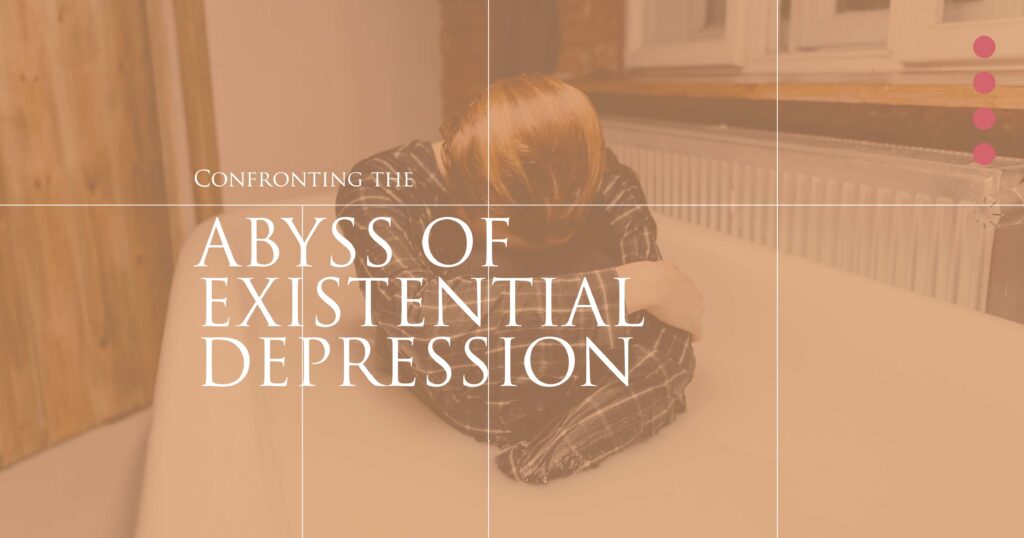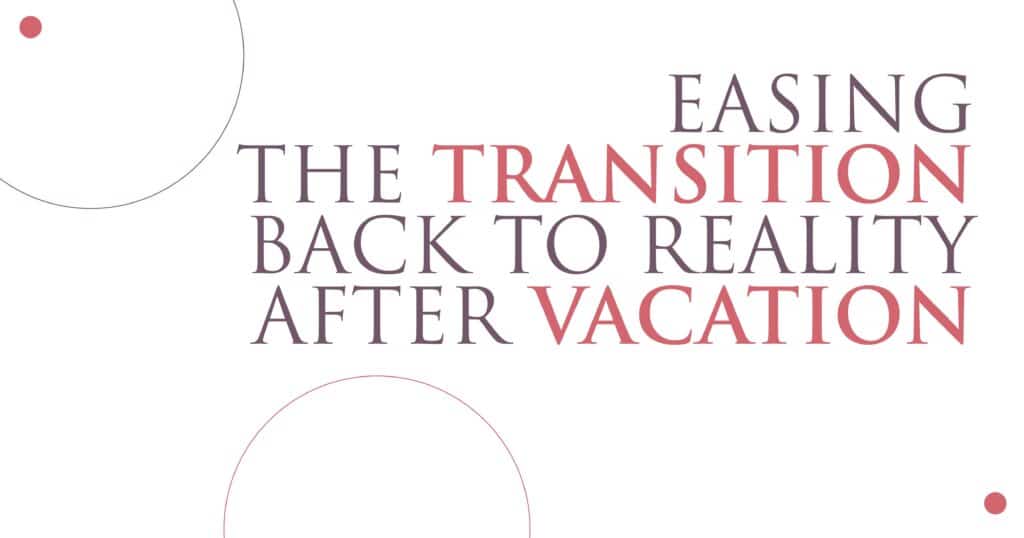Welcome to our deep dive into the world of meditation! If you’ve ever wondered how sitting quietly and focusing your mind can help with stress and boost mental clarity, you’re in the right place. Regular meditation practice for stress is more than just a buzzword; it’s a powerful tool that has been practiced for thousands of years and is now backed by science for its profound effects on our mental health and physical well-being. The health benefits of various forms of meditation, such as mindfulness meditation programs and Loving-kindness meditation, have been shown to provide significant benefits for overall quality of life, including an improvement with meditation in managing anxiety symptoms and sleep issues.
Essential Takeaways
- Meditation Reduces Stress: Regular meditation helps manage stress by activating the parasympathetic nervous system, leading to relaxation and lower stress hormone levels. The relaxation response is essential for reducing markers of stress.
- Enhances Mental Clarity: Meditation improves cognitive functions and cognitive flexibility by enhancing focus, reducing distractions, and promoting a calm state of mind.
- Long-Term Benefits: Consistent mindfulness practice can lead to improved physical health, emotional resilience, and overall well-being. Research has also highlighted the role of mindfulness-based interventions in promoting better health outcomes over time. This includes health-related quality improvements that are observable in a variety of populations, even among those experiencing medical conditions like post-traumatic stress disorder.
Let’s explore how Mindfulness-based stress reduction training and other meditative techniques can help manage stress, enhance mental clarity, and how you can integrate them into your daily routine.
Introduction to Meditation and Its Benefits
San Jose Mental Health
What is Meditation?
Meditation might sound like something only practiced by monks or yogis, but it’s actually a technique anyone can use. At its core, meditation is about training your mind to focus and gain a sense of calm and balance. The practice of meditation comes in many forms, and each type offers unique mental health-related quality enhancements. Here’s a brief overview of a few popular types:
- Mindfulness Meditation: This involves paying attention to the present moment without judgment. It often focuses on your breath or bodily sensations, such as Diaphragmatic Breathing, a key part of intentional breathing exercises that promote muscular relaxation.
- Transcendental Meditation: A mantra-based meditation where you repeat a specific word or sound to reach a state of restful awareness. Mantra meditation programs are simple yet powerful for fostering deeper relaxation.
- Guided Meditation: Led by an instructor or through a recording, this form uses visualization and guided imagery to help achieve relaxation.
Meditation sessions can last anywhere from a few minutes to longer periods, depending on your goals. Even practicing for just 5-10 minutes a day has shown considerable evidence in promoting a sense of calm and focus.
San Jose Mental Health
How Meditation Affects the Brain
You might wonder, “How does sitting still help my brain?” The answer lies in the way meditative techniques impact brain function. Research shows that regular meditation can change the structure and function of the brain in ways that reduce stress and improve mental health. In fact, clinical implications suggest that meditation can even alleviate anxiety symptoms and depression, often recommended alongside behavioral therapy.
Studies using brain imaging techniques have found that meditation can increase the thickness of the prefrontal cortex, the part of the brain responsible for decision-making and self-regulation. It also enhances activity in the hippocampus, which is linked to memory and learning. Additionally, meditation can reduce the size of the amygdala, which plays a role in stress response and emotional reactivity. These changes contribute to a calmer, more focused mind, as supported by research from JAMA Intern Med.
The Connection Between Meditation and Stress Management
Understanding Stress and Its Effects
Stress is a part of life, but chronic stress can wreak havoc on both your mind and body. Meditation for stress reduction is vital in countering the effects of prolonged stress, which can manifest as mental health conditions, such as anxiety or depressive symptoms, as well as physical symptoms like insomnia or cardiovascular issues. Chronic stress also negatively impacts immune function.
The key to managing stress is not to eliminate it but to handle it more effectively. That’s where mindful meditation comes in. By practicing daily meditation sessions, you can learn to respond to stress in a healthier way. In fact, studies have shown that mindfulness-based cognitive therapy can significantly reduce stress levels and contribute to improved health over time.
How Meditation Reduces Stress
Meditation helps manage stress by shifting your body’s response from the “fight or flight” mode to a “rest and digest” state. When you meditate, you activate the parasympathetic nervous system, promoting relaxation and reducing stress hormones like cortisol. This helps manage anxiety and other mental health conditions, with systematic reviews pointing to moderate evidence supporting its efficacy.
One of the simplest ways meditation reduces stress is through breathing techniques. When you focus on your breath—like during 3-minute breathing space exercises—you naturally slow down your heart rate and lower blood pressure, which can counteract the physiological effects of stress. Deep breathing, combined with music relaxation techniques, provides a healthy stress relief method. Mindfulness-based therapy, specifically, helps you become more aware of your thoughts and feelings without getting overwhelmed by them.
San Jose Mental Health
Practical Meditation Techniques for Stress Relief
Ready to give meditation a try? Here are some practical techniques to get you started:
Basic Mindfulness Meditation
- Find a quiet, comfortable place to sit. Ensure you are in a comfortable position to allow for better focus.
- Close your eyes and take a few deep breaths.
- Focus on your breath, noticing the sensation of air entering and leaving your body.
- When your mind wanders, gently bring your focus back to your breath.
Even just a few minutes per day can help you build a solid practice of meditation. If you integrate meditation into your daily life, you’ll start to notice the calming effects even after stressful situations.
Body Scan Meditation
- Lie down or sit comfortably.
- Close your eyes and take a few deep breaths.
- Focus on each part of your body, starting from your toes and moving up to your head. Notice any areas of tension and try to relax them through progressive muscle relaxation techniques.
Incorporating these simple types of meditation into your routine can lead to improvements not just in stress levels but also in sleep, as it helps address contributors to insomnia like a worried mind.
